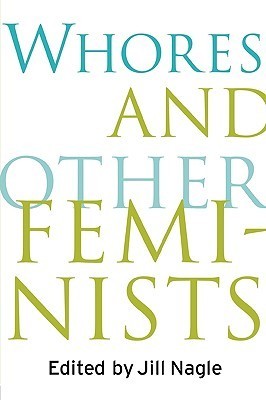
The Female Eunuch
Book Description
A fierce call to arms, "The Female Eunuch" dismantles the chains of patriarchal oppression with razor-sharp insights and unabashed fury. Germaine Greer lays bare the social constructs that suffocate women's desires and identities, igniting a fiery rebellion against the complacency of conformity. With vivid illustrations of women's struggles across the globe, she challenges the very fabric of society's expectations and invites a visceral confrontation with the truth about gender and power. Unapologetic and electrifying, this landmark work compels a reckoning: How long will women remain silent in the face of their own erasure?
Quick Book Summary
"The Female Eunuch" by Germaine Greer is a groundbreaking feminist manifesto that deconstructs the structures of patriarchy limiting women's potential and freedom. With relentless candor, Greer argues that women have been socially castrated, rendered powerless by cultural, sexual, and psychological constraints. She challenges the notion that traditional roles—wife, mother, homemaker—are natural or desirable, exposing how society represses women's vitality and eroticism. Greer calls for a radical transformation, urging women to break free from imposed identities and reclaim their bodies and lives. Candid, provocative, and bold, the book serves as both a critique of the status quo and a rallying cry for women's liberation, igniting intense debate and inspiring generations of feminists.
Summary of Key Ideas
Table of Contents
Patriarchal Structures and Female Oppression
Germaine Greer’s analysis begins with an exploration of patriarchal structures that have historically subjugated women. She argues that institutions like marriage, the nuclear family, and conventional work roles are designed to benefit men and keep women passive and dependent. By structuring society to prioritize male needs and suppress female agency, Greer contends that the everyday lives of women become a silent testament to systemic oppression.
Repression of Female Sexuality
Central to Greer's thesis is the repression of female sexuality, which she describes as a form of social castration—hence, the 'eunuch.' She maintains that culture teaches women to fear, deny, or feel guilt about their desires. This repression strips women of power and pleasure, trapping them in unfulfilling domestic and sexual roles that serve patriarchal interests rather than their own genuine fulfillment.
Social Conditioning and Gender Roles
Greer critically examines how gender roles and behaviors are ingrained through rigorous social conditioning from birth. Femininity, she believes, is not innate but constructed through education, media, and family expectations. Girls are taught to value docility, self-sacrifice, and appearance, which ultimately leads to alienation from their authentic selves. These manufactured identities are used to limit women’s choices and justify their inferior social status.
The Need for Female Autonomy
The book makes an urgent call for women to seek autonomy in all aspects of life. Greer advocates for women to reclaim their bodies, challenge societal norms, and embrace their own desires unapologetically. She denounces the notion that passivity and dependence are natural states for women, and instead champions independence—economically, emotionally, and sexually—as the foundation for genuine liberation.
Radical Liberation and Collective Action
Greer concludes by asserting that women’s liberation cannot be achieved through gradual reforms within existing systems. Instead, she calls for radical collective action—a dismantling of oppressive institutions and a reimagining of society’s very foundations. Only by uniting, rejecting complacency, and confronting uncomfortable truths can women hope to overcome their erasure and achieve authentic emancipation.
Download This Summary
Get a free PDF of this summary instantly — no email required.





